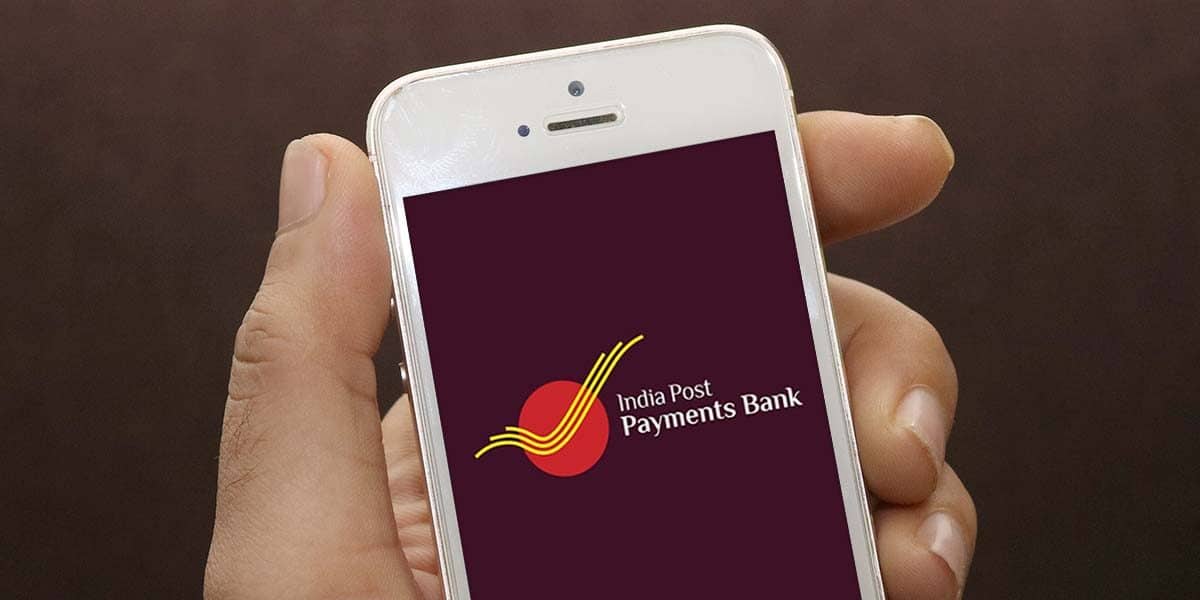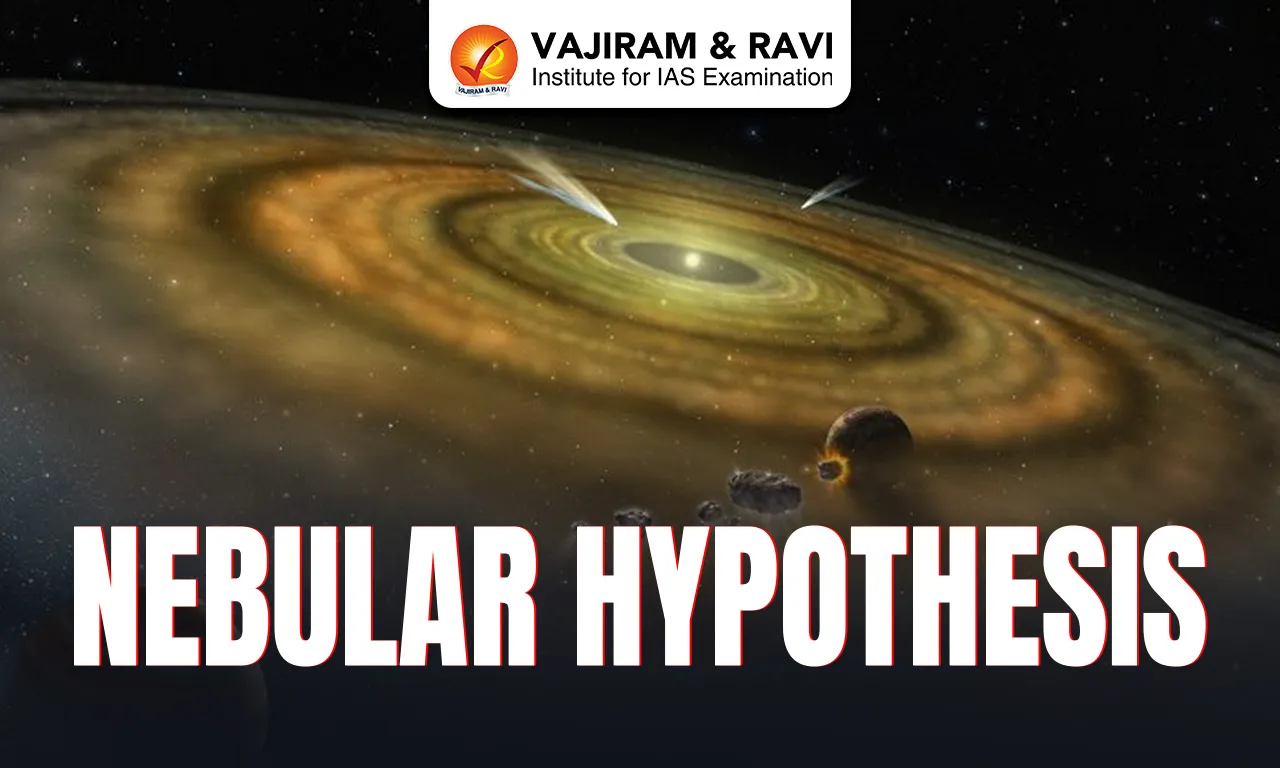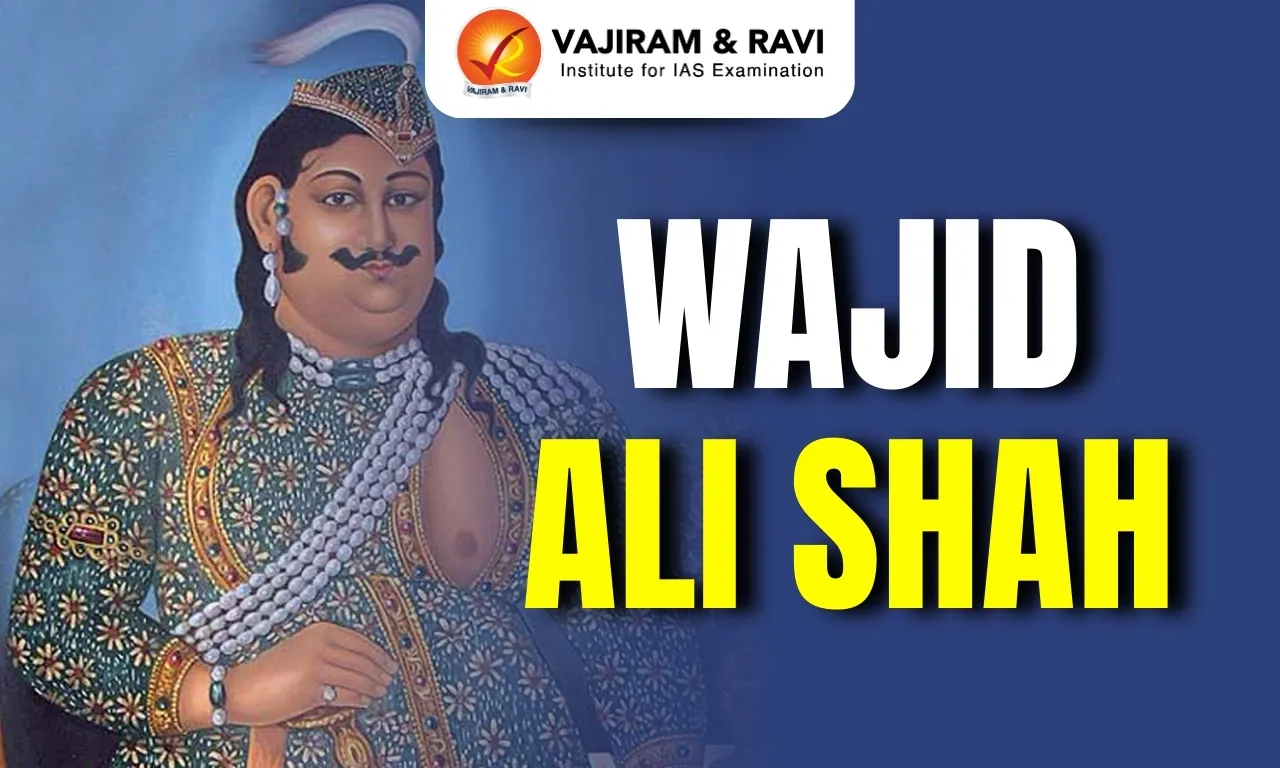About Indian Post Payments Bank (IPPB):
- IPPB has been established under the Department of Posts, Ministry of Communication, with 100% equity owned by the Government of India.
- IPPB was launched on September 1, 2018.
- Vision: To build the most accessible, affordable, and trusted bank for the common man in India.
- Mandate: To remove barriers for the unbanked and under-banked and reach the last mile leveraging a network comprising 160,000 post offices (145,000 in rural areas) and 400,000 postal employees.
- Headquarters: New Delhi
- Functions:
- It will accept deposits upto Rs 2 lakh, beyond which the account will be automatically converted into a post office savings account.
- The products and services of the bank will be made available through various mediums such as counter services, micro ATMs, mobile banking apps, messages, and interactive voice response.
- The IPPB will use Aadhaar to open accounts, and a QR card and biometrics will be used for authentication, transactions, and payments.
What are“Payments Banks’?
- A payments bank is like any other bank but operates on a smaller scale without involving any credit risk.
- It was set up on the recommendations of the Nachiket Mor Committee.
- Objective: Widen the spread of payment and financial services to small businesses, low-income households, and migrant labor workforce in a secured technology-driven environment.
- They are registered under the Companies Act 2013 but are governed by a host of legislations such as the Banking Regulation Act, 1949; RBI Act, 1934; Foreign Exchange Management Act, 1999, etc.
- It needs to have a minimum paid-up capital of Rs. 100,00,00,000.
- Activities that can be performed:
- It can take deposits up to Rs. 2,00,000. It can accept demand deposits in the form of savings and current accounts.
- The money received as deposits can be invested in secure government securities only in the form of Statutory Liquidity Ratio (SLR). This must amount to 75% of the demand deposit balance.
- The remaining 25% is to be placed as time deposits with other scheduled commercial banks.
- It can offer remittance services, mobile payments/transfers/purchases, and other banking services like ATM/debit cards, net banking, and third party fund transfers.
- Activities that can be performed:
- It cannot issue loans and credit cards.
- It cannot accept time deposits or NRI deposits.
- It cannot set up subsidiaries to undertake non-banking financial activities.
Q1) What is a Universal Bank?
A universal bank is a bank that combines the three main services of banking under one roof. The three services are wholesale banking, retail banking, and investment banking. In other words, it is a retail bank, a wholesale bank, and also an investment bank. As well as being able to offer an all-encompassing service, universal banks can reap the synergies that exist when they operate in the three services simultaneously.
Source: India Post Payment Bank wants to convert itself to universal bank: CEO
Last updated on February, 2026
→ UPSC Notification 2026 is now out on the official website at upsconline.nic.in.
→ UPSC IFoS Notification 2026 is now out on the official website at upsconline.nic.in.
→ UPSC Calendar 2026 has been released.
→ Check out the latest UPSC Syllabus 2026 here.
→ Join Vajiram & Ravi’s Interview Guidance Programme for expert help to crack your final UPSC stage.
→ UPSC Mains Result 2025 is now out.
→ UPSC Prelims 2026 will be conducted on 24th May, 2026 & UPSC Mains 2026 will be conducted on 21st August 2026.
→ The UPSC Selection Process is of 3 stages-Prelims, Mains and Interview.
→ Prepare effectively with Vajiram & Ravi’s UPSC Prelims Test Series 2026 featuring full-length mock tests, detailed solutions, and performance analysis.
→ Enroll in Vajiram & Ravi’s UPSC Mains Test Series 2026 for structured answer writing practice, expert evaluation, and exam-oriented feedback.
→ Join Vajiram & Ravi’s Best UPSC Mentorship Program for personalized guidance, strategy planning, and one-to-one support from experienced mentors.
→ UPSC Result 2024 is released with latest UPSC Marksheet 2024. Check Now!
→ UPSC Toppers List 2024 is released now. Shakti Dubey is UPSC AIR 1 2024 Topper.
→ Also check Best UPSC Coaching in India






















